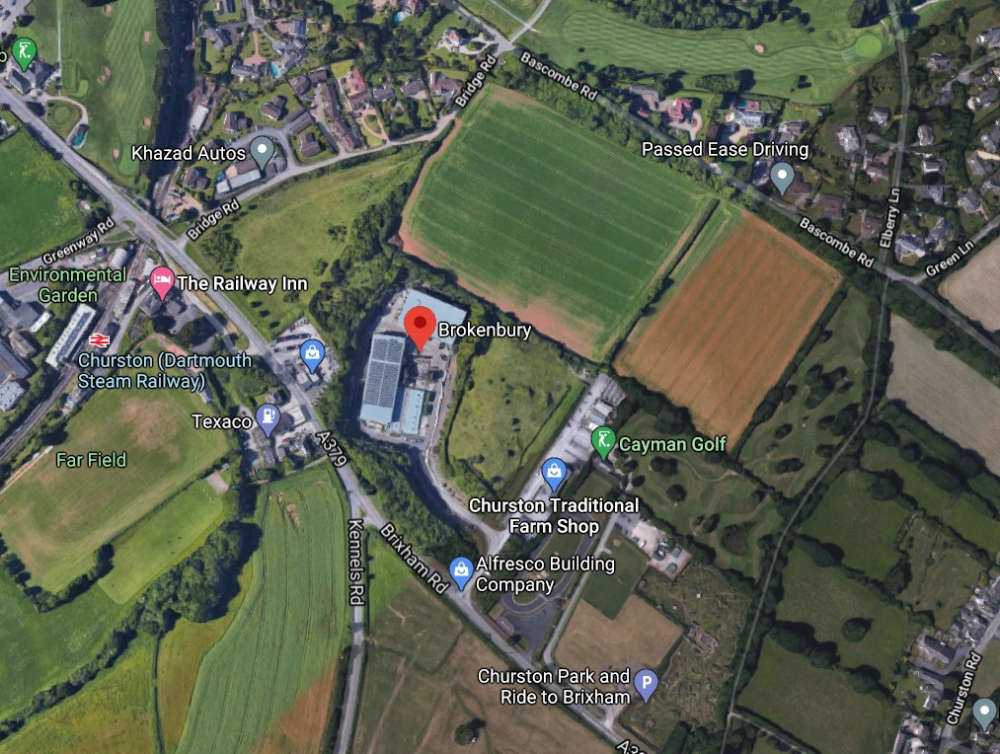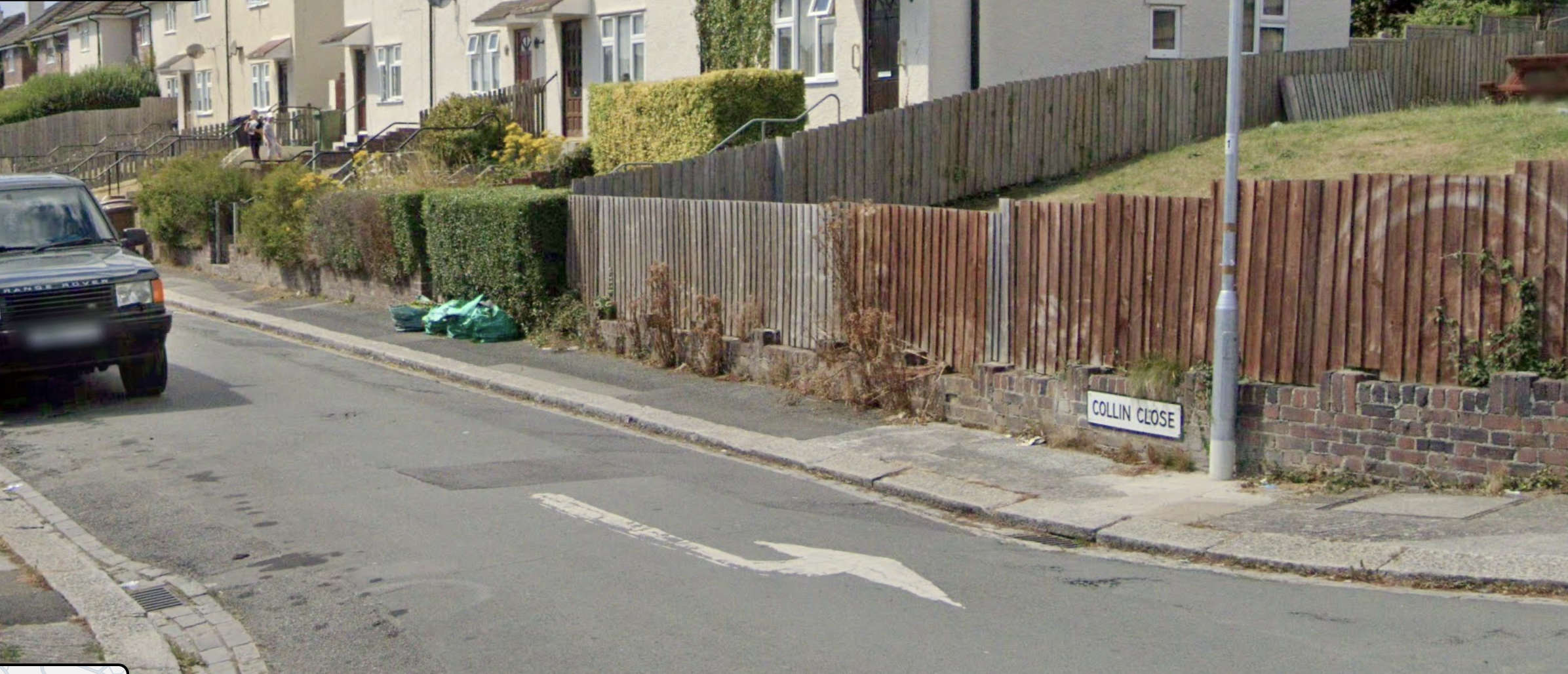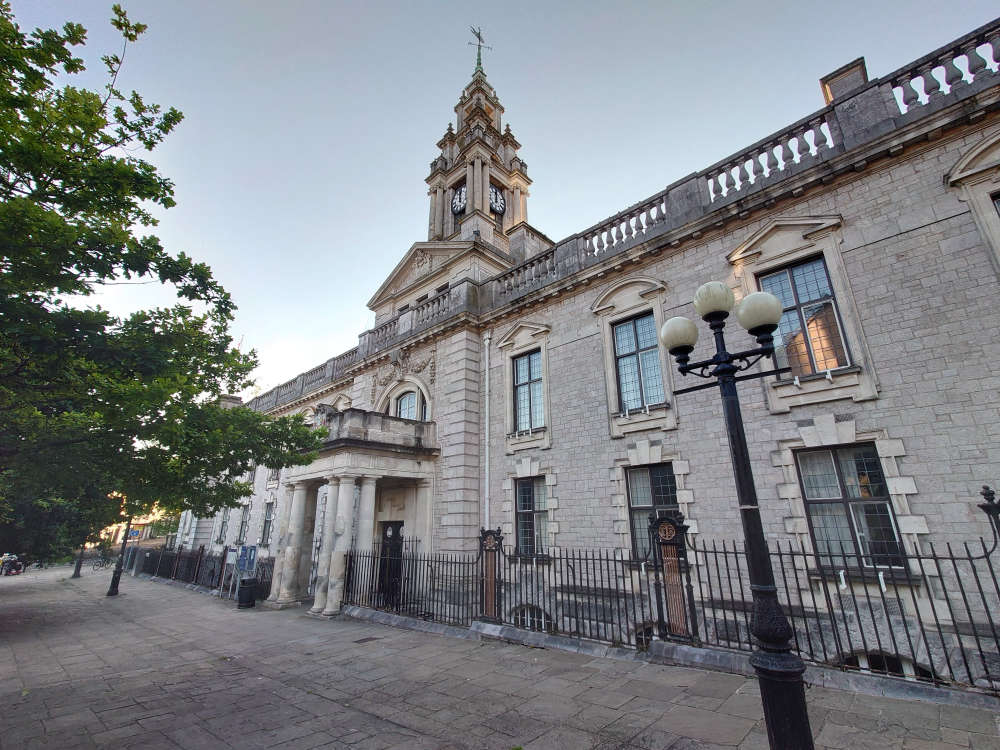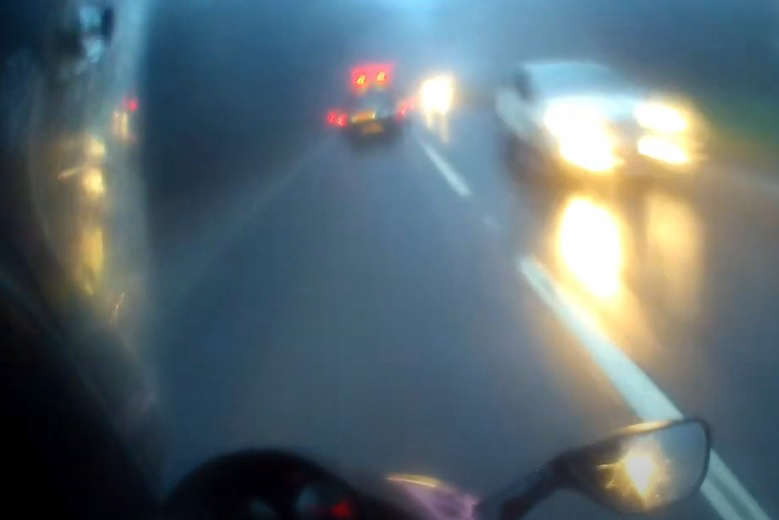
And it's cost tens of thousands of pounds
A bust-up between the leader of East Devon District Council (EDDC) and its chief executive has cost local taxpayers tens of thousands of pounds, caused a senior officer to take time off with a stress-related illness, and damaged the council and its reputation.
Tensions between Cllr Paul Arnott, the independent leader of EDDC and chief executive Mark Williams were so bad that, according to a leaked report, “council taxpayers and stakeholders, had they been aware of the council’s difficulties, may well have had concerns about its leadership and operation.”
The unpublished report, commissioned by EDDC and carried out by the East of England Local Government Association, is thought to have cost the council up to £22,000.
Though the precise cost of the episode has not been revealed, it is believed to have been “substantial”, dragging in top lawyers and draining hours of council staff time across a year.
But East Devon’s leadership have since tried to shield the report from public view, even keeping discussions about it behind doors closed to the press and public.
The inciting incident, unknown at the time, began in January 2020 when, following a review, chief executive Mark Williams proposed to axe a senior officer position at EDDC. The officer consented but no formal agreement was made.
Two months later, when a group of councillors going by the name of the Democratic Alliance Group, which is made up of independent, Lib Dem and Green councillors, came to power, that decision wasn’t raised by Mr Williams.
Even that initial meeting between new leader Cllr Arnott and Mr Williams – usually the critical relationship for the functioning of an effective council – didn’t take place for several days after the Democratic Alliance took control in March 2020.
Issues arose almost immediately. The new administration, led by Cllr Arnott, declined the support of the Local Government Association (LGA) which is usually taken up when an authority has a change of political control.
For its part, the Democratic Alliance said it received little in the way of formal help with the handover.
The report says: “All in all, this meant that a new and relatively inexperienced administration took over the council with very little understanding of officer roles, the functioning of the council and with no internal or external support or advice being available.”
It says the situation was a “perfect storm” where there was “no shared understanding of their respective roles, no respect for each other, no common purpose or common ground from which to build productive relationships”, causing an employment dispute about a senior officers role to be dragged out for several months and costing the council tens of thousands of pounds.
Mr Williams didn’t make councillors formally aware of his proposal to make the senior officer role redundant for five months.
When he did, Cllr Arnott then sought advice from South West Councils, an association of council leaders in the region.
But Mr Arnott found the advice he was given to be unconvincing and asked for another opinion from external lawyers.
Law firm Clarke Willmott found that the redundancy would be legal and suggested EDDC reach a settlement with the officer in question.
Cllr Arnott rejected that advice too.
He wanted the council to implement a more thorough senior management review before committing to the redundancy.
This, according to the leaked report, “essentially left the chief executive in the unprecedented position” where a senior officer had agreed to be made redundant but the politicians in control of the council refused to allow it.
“The question became not whether he “could” make the role redundant but whether he “should.”
In any event the chief executive felt unable to act,” says the report.
It documents how suspicions over each side’s motives incapacitated decision-making.
A meeting in November 2020 between Cllr Arnott and Mr Williams to review their “working relationship” fixed very little.
Having rejected the guidance he had received from two external sources, Cllr Arnott said he wanted additional outside advice, this time from an occupational health professional. He wanted to ensure the council had fulfilled its obligations to the officer after they went off sick.
The officer, who had been aware of the situation for much of the year, was ill with work-related stress. The officer argued this was “a direct result of the failure to implement redundancy” and thought the help of occupational health would be pointless as it would simply confirm this.
The officer alleged that Cllr Arnott was preventing Mr Williams from implementing the redundancy in revenge for comments they had made about another councillor earlier in the year.
It is not clear what these comments were.
The officer also alleged that Cllr Arnott’s argument, that he wanted a full ‘senior management review’ was “a sham” to stop the council making a redundancy payment.
Mr Williams, for his part, saw Mr Arnott’s idea of a management review as a tactic to frustrate him.
At one point Cllr Arnott attempted to solve the issue with the help of an LGA advisor and a trade union representative for the officer.
But the agreement they reached was effectively useless because neither the council leader nor the LGA advisor have the power to make such decisions.
The report describes Cllr Arnott’s own attempts to solve the redundancy issue as “inappropriate.”
In the end, further legal advice was sought from a barrister – who usually cost several hundred pounds an hour.
It was decided the only way to settle the dispute was through a full council meeting. This took place on 9 February 2021, something the report says should be avoided in future.
The report says the disagreement between the chief executive and EDDC’s leaders became “increasingly entrenched” in the build-up to this meeting, at which the full council agreed to make the senior officer’s position redundant.
The council commissioned the independent report In April 2021, but it remains unpublished. Leaked documents show that to pay for it EDDC set aside a budget of £18,150 pounds, excluding VAT.
No precise figures are known for the cost of the barrister, the officer’s redundancy payment, or the amount of paid time of council employees given over to this matter.
But as a rough calculation for just one of the people involved show how costly the episode has been.
In 2020/21, Mr Williams was paid £121,414, with a further £20,762 towards his pension. If he had spent a month on this matter since it emerged in January 2020, that’s nearly £12,000 in his time alone, plus other costs such as national insurance.
Commenting on the resources wasted as a result of the feud, the report says: “At a time where the council is required to either generate additional income or make significant savings this expense is unhelpful at best and if matters had been resolved by internal means could have been avoided.”
It explains how the saga had its origins in mistrust between the current administration [of independents, Lib Dems and Greens] and senior council officers, with some councillors believing “some officers were withholding information at best or “in cahoots with” the pre-2019 administrations which had been run by Conservatives in one form or another since the dawn of local government.
The report continues: “At no point were these assumptions about officers put to them to allow them to respond or even to explain their roles regarding the political agenda of the previous administration; essentially that they had to carry out the instructions of their political masters.
“It cannot be stated strongly enough the damage that has been done to the council, its reputation, its officers and members and its ability to reach its potential by the events which led up to the full council meeting on 9 February 2021.”
It says that the mistrust of the Conservatives and a combative environment between different political factions in East Devon “all come together to create a perfect climate of mistrust and acrimony.”
“It is regrettable that the powerful force for good which can be created by members and officers working productively together has been lost to the community.”
Amongst other recommendations, the report says the chief executive Mark Williams and council leader Cllr Paul Arnott “need to work together and model the behaviours expected of senior leaders”
“The two individuals and their colleagues should make every effort to make the relationships work for the benefit of the council.”
A spokesperson for the council wouldn’t comment on the issue because the report will be discussed by the scrutiny committee next week and they think doing so would be “inappropriate.”
They continued: “The decision to commission a report into this was taken at full council with the full support of all political groups. It was not a decision taken by the current administration.”
 Official challenge to Torbay solar farm project
Official challenge to Torbay solar farm project
 Two people injured in suspected Plymouth stabbing
Two people injured in suspected Plymouth stabbing
 Four councillors banned from council tax debates
Four councillors banned from council tax debates
 Video shows Devon biker causing horrific crash
Video shows Devon biker causing horrific crash
 Murder charge after Kingsbridge crash
Murder charge after Kingsbridge crash
